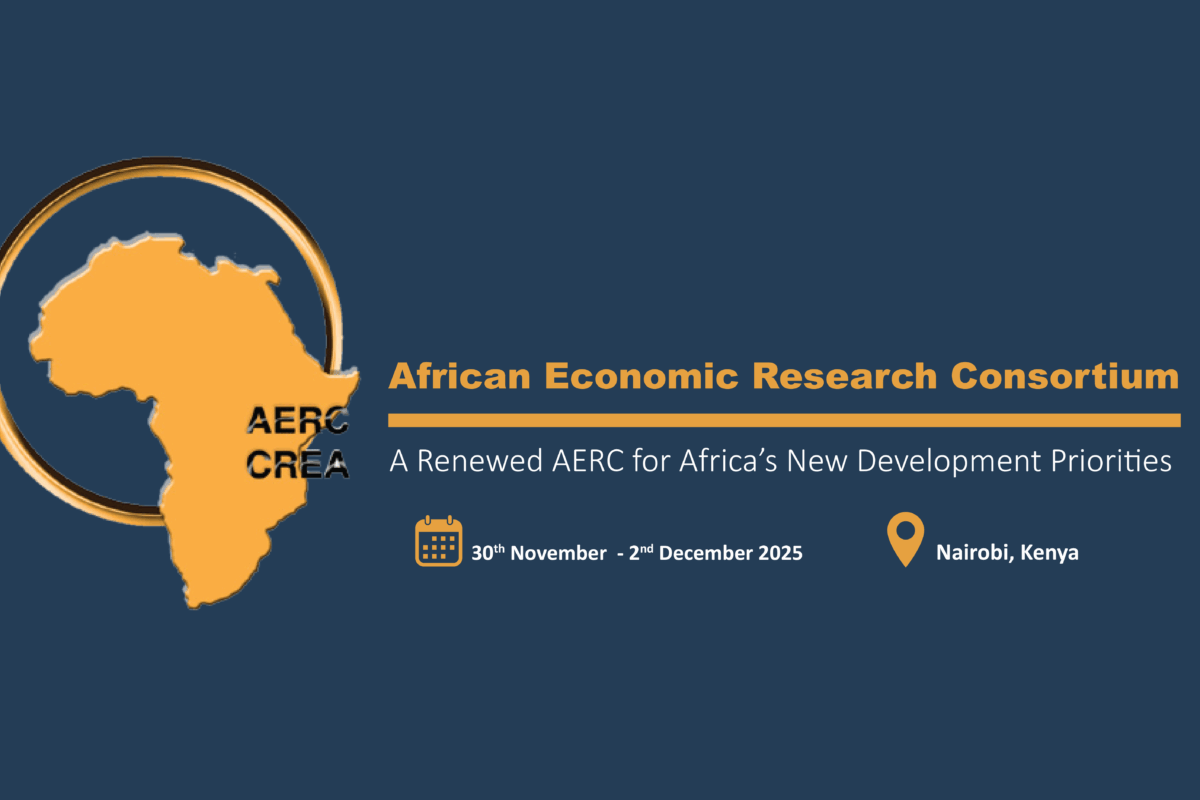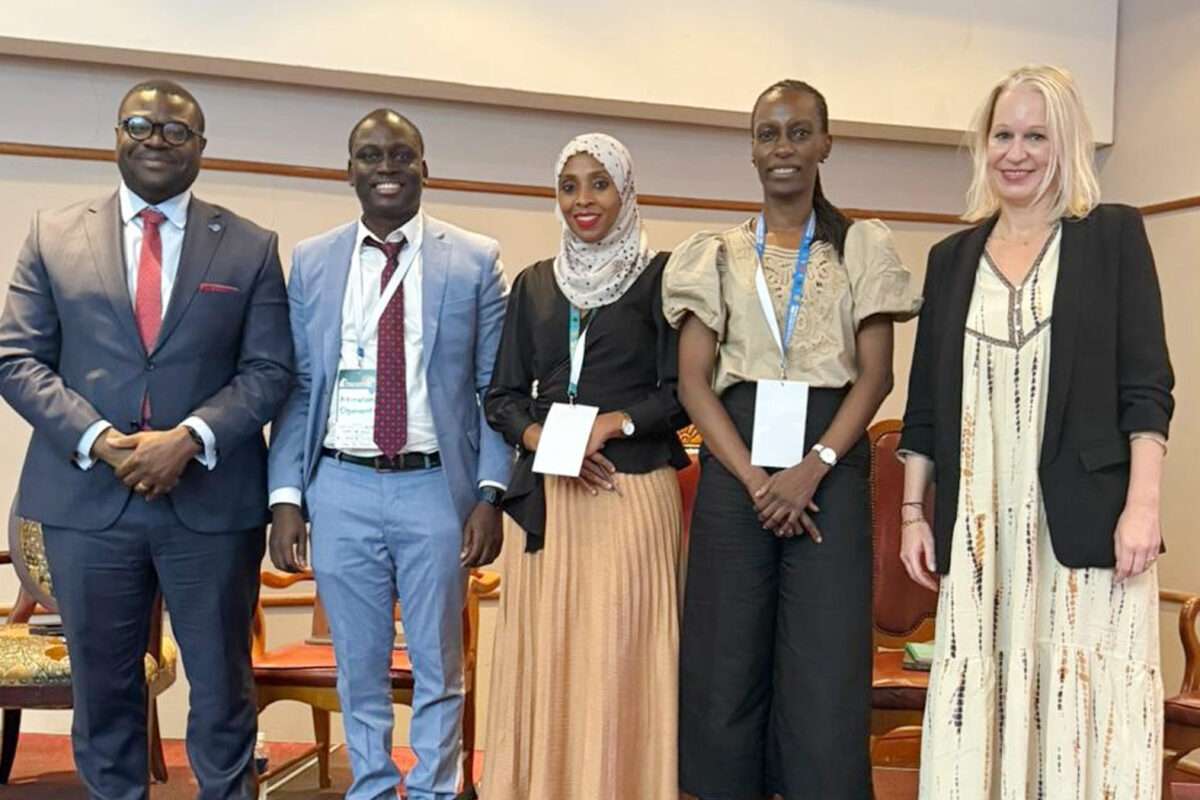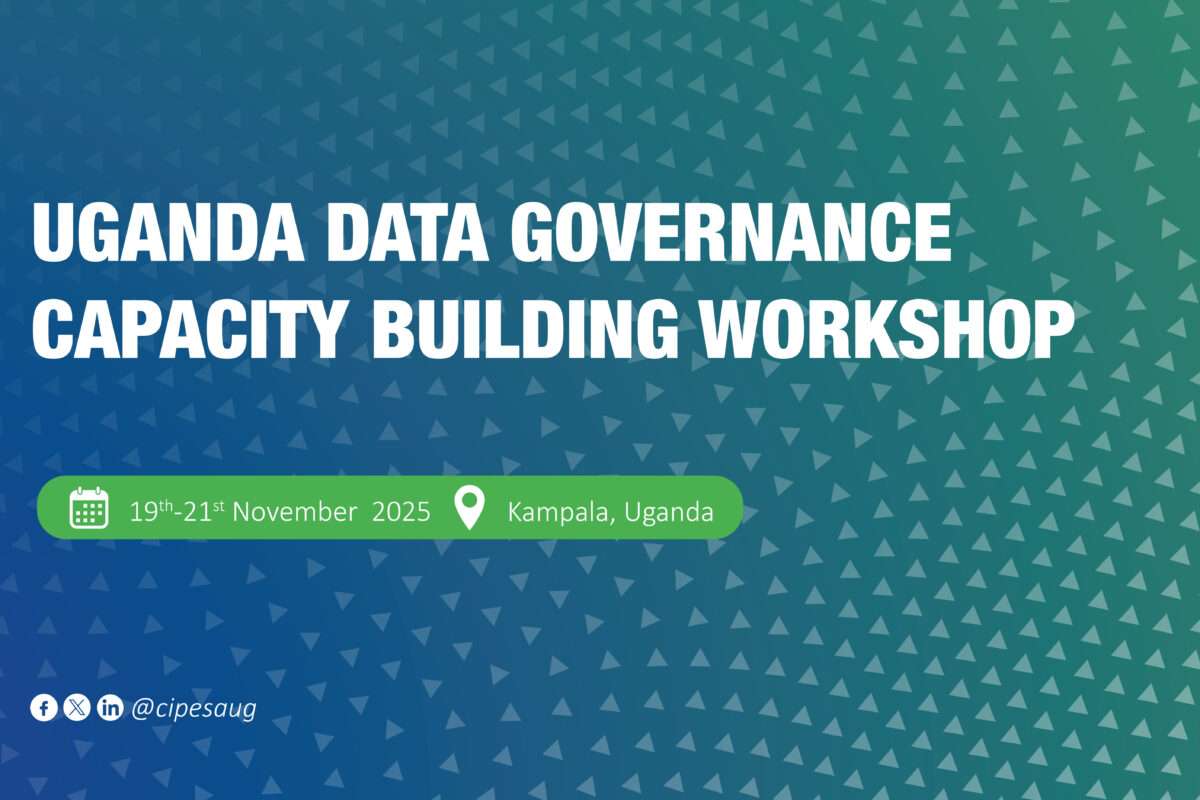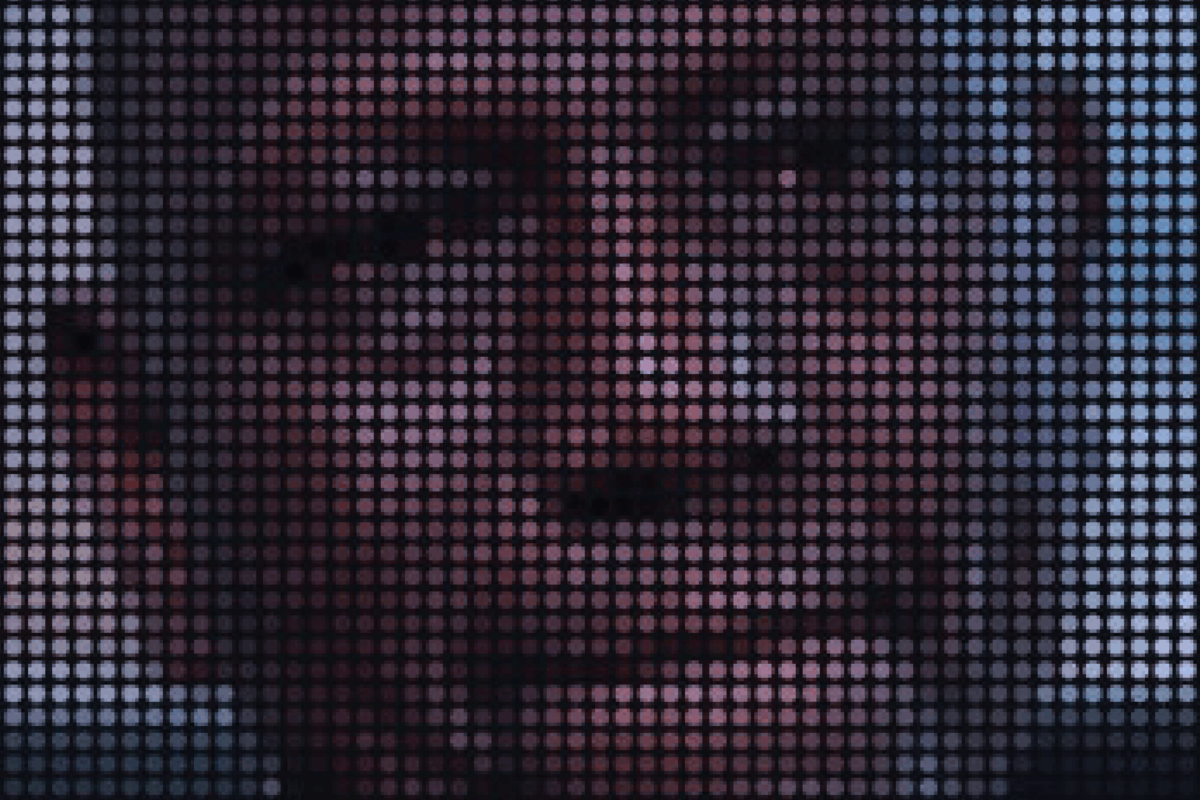By Juliet Nanfuka |
Mainstream narratives often frame Africa’s Artificial Intelligence (AI) rollout in Africa as a technological challenge. However, four key pillars are informing the trajectory of AI in Africa, and in so doing, are laying bare a chasm that influences the broader digital ecosystem, including access, development, civic participation, and digital democracy. These pillars are a country’s democratic credentials, economic gaps, legacy governance structures and fragmented regulation, and in-built influence in the design of AI that serves to exclude more than it serves to include users, particularly in Africa.
According to the 2025 edition of the State of Internet Freedom in Africa report, political regimes and their associated democratic credentials have come to play a key role in the trajectory of AI in various African countries. Countries categorised as democratic, such as South Africa, Ghana, Namibia, and Senegal, have displayed the capacity to deploy AI aimed at improving governance, accountability, and accessibility.
For example in South Africa, the South African Revenue Service (SARS) employs the Lwazi AI-powered assistant to streamline tax assessment processes, enhancing efficiency and reducing corruption. In Kenya, the Sauti ya Bajeti (Voice of the Budget) platform uses AI to help citizens query and track public expenditure, empowering civic participation and fiscal accountability. Meanwhile, Ghana has been a standout innovator with Khaya, an open-source AI translator supporting local languages and easing communication barriers, as well as DeafCanTalk, an app enabling real-time translation between sign language and spoken word. These apps have utilised AI to meet digital inclusion needs, and have improved accessibility and communication within the country.
In contrast, in more authoritarian regimes like Cameroon, Egypt, Ethiopia, and Rwanda, AI runs the risk of becoming another tool used by the state to entrench digital authoritarianism and restrict civic freedoms. These countries also rank as weak performers on the Freedom in the World Report, such as Cameroon, which scored 15 points, followed by Egypt (18), Ethiopia (18), and Rwanda (21), which rate as Not Free. Regarding internet freedom, a similar pattern emerges with Egypt scoring 28 points out of 100, followed by Ethiopia (27) and Rwanda (36), leading to a Not Free ranking.
Examples of the problematic use of AI include the case of Rwanda, where pro-government propagandists used Large Language Models (LLMs) to mass-produce synthetic online messages that mimic grassroots support while suppressing dissent. Although Rwanda has also introduced AI in judicial and border management systems, these technologies have dual-use potential which blur the line between governance and surveillance.
A second pillar that influences the trajectory of AI in African countries is economic and infrastructural inequality. Countries with stronger infrastructure, higher Gross Domestic Product (GDP) per capita, higher internet penetration levels, and better Human Development Index (HDI) scores have proven more likely to shape AI development. These include countries such as South Africa, Tunisia and Egypt. Countries with weaker digital infrastructure, limited data networks and high connectivity costs, face the risk of being left behind or becoming dependent on external technologies.
Africa still has a small share of global data centres and accounts for only 1% of global compute capacity, making it hard to train, fine-tune, or evaluate models locally and cheaply.
This power imbalance has resulted in a two-tier continent which is seeing parts of the continent progressively adopt, integrate AI and also benefit from AI infrastructure investment, while parts of the continent remain lagging and reliant on adopted systems that may not be responsive to their intended uses in different contexts. Albeit, the bulk of the continent remains a consumer of AI and largely dependent on external funding to build its AI infrastructure.
Examples of private sector entities making significant investments in the African AI industry include Microsoft and G42 which in 2024, launched a USD 1 billion initiative to develop a sustainable AI data centre in Kenya. In September 2025, Airtel commenced construction of its 44 MW sustainable data centre in Kenya, which is expected to be the largest in East Africa, once completed in 2027. Earlier this year, in March, Microsoft announced a USD 297 million investment to expand its cloud and AI systems in the country. Meanwhile, Google is also funding the South African Centre for Artificial Intelligence Research (CAIR) for infrastructure and expertise to strengthen local AI capacity. In October 2025, Rwanda received a USD 17.5 million investment from the Bill & Melinda Gates Foundation to establish the Rwanda AI Scaling Hub, an initiative designed to drive AI innovation across various sectors, including health, agriculture, and education.
A third pillar which also has direct consequences for democracy, is the fact that AI governance has an entrenched power imbalance which favours the state. In many countries, particularly those with weaker democratic credentials, civil society, media and private actors are often sidelined. The report notes that despite AI’s swift evolution, across 14 countries (Cameroon, Egypt, Ethiopia, Ghana, Kenya, Mozambique, Namibia, Nigeria, Rwanda, Senegal, South Africa, Tunisia, Uganda, and Zimbabwe) studied, none have developed a comprehensive AI-specific legislation yet resulting in the reliance on existing and fragmented legal frameworks that do not adequately regulate or address complex AI concerns.
The leading countries have developed guidelines, AI policies and strategies, data protection laws, and applied sector legislation to AI governance. In contrast, the lagging countries generally lack this foundational framework, creating a vacuum which could heighten AI-driven risks in the absence of effective oversight. Rwanda was among the first countries to adopt a national AI policy in 2023. Since then, various other countries, including Egypt, Ethiopia, Ghana, Kenya, Nigeria, Rwanda, Senegal, South Africa, and Tunisia, have either launched national AI strategies or have been developing foundational policy frameworks over the last two years.
However, in some instances, these policy processes, when they exist, often occur behind closed doors, without meaningful multi-stakeholder participation. In many instances, economic growth objectives dominate national AI strategies, while digital rights, transparency and accountability are sidelined.
The fourth pillar pertains to AI as an instrument of inequality and social fracturing. The spread of deepfakes, AI-generated misinformation and algorithmic exclusion have become a real threat to political participation and access. This has played out on several occasions and is present in all countries despite their democratic credentials such as in the 2024 elections and protests in Kenya. In Namibia and South Africa, AI-driven campaigns are believed to have influenced perceptions of legitimacy and outcome.
For the myriad of languages that exist on the continent. Only a handful are factored in the machinery of AI. This has seen low-resource languages get lost in the digital ecosystem, content moderation is designed for Western norms as a result of the languages used in the training of AI, and many users in the continent do not have the savvy or skills to challenge these systems. This has resulted in an algorithmic second-class citizenship which is seeing AI bypass the needs of users in Africa, including the resources required to enable adequate civic engagement, transparency and accountability.
Through these four pillars, the State of Internet Freedom in Africa 2025 highlights that AI design, deployment, and impact are ultimately reflections of the power structures that define it globally. This power imbalance plays out within the continent at the national level where decision making on AI’s trajectory remains largely confined.
The report calls for a human-centred AI governance in Africa, through deliberate and inclusive approaches. Find the full report here





